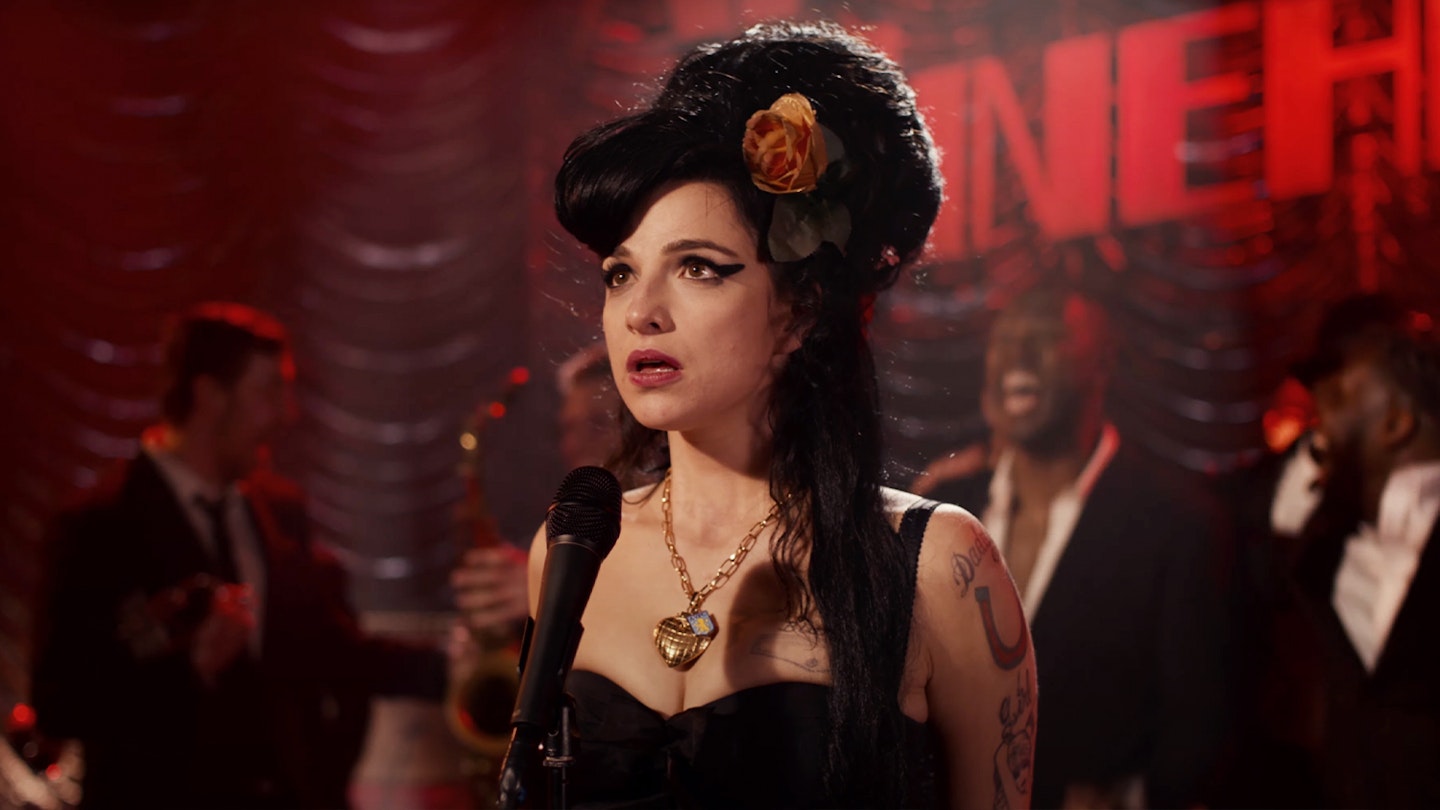Even throughout her lifetime, Amy Winehouse’s story was being told – in her own music, by the tabloids, in the narratives that swirled around her as one the most gifted singers, most singular artists, and most troubled celebrities of the 21st Century. And since her untimely death in 2011 at the age of 27, her story has lived on – not only in the pervasive influence of those songs, but in Asif Kapadia’s searing 2015 documentary Amy. Now it’s being dramatised in Back To Black, a new film from Nowhere Boy director Sam Taylor-Johnson and writer Matt Greenhalgh set to arrive later this year, starring rising British actor Marisa Abela as Winehouse herself.
With the film’s teaser offering the first glimpse at Taylor-Johnson’s film, the filmmaker sat down with Empire to talk through the trailer and unpick her take on the story. “We really wanted to do it from [Amy’s] perspective, and through her eyes; to take us on the journey through her music, and through her words, so that we're back with her,” the director explains. “Rather than the documentary, which is very much outside looking in. I wanted to feel like we were with her in her creative process.” Read on for the full trailer breakdown.
In the spotlight
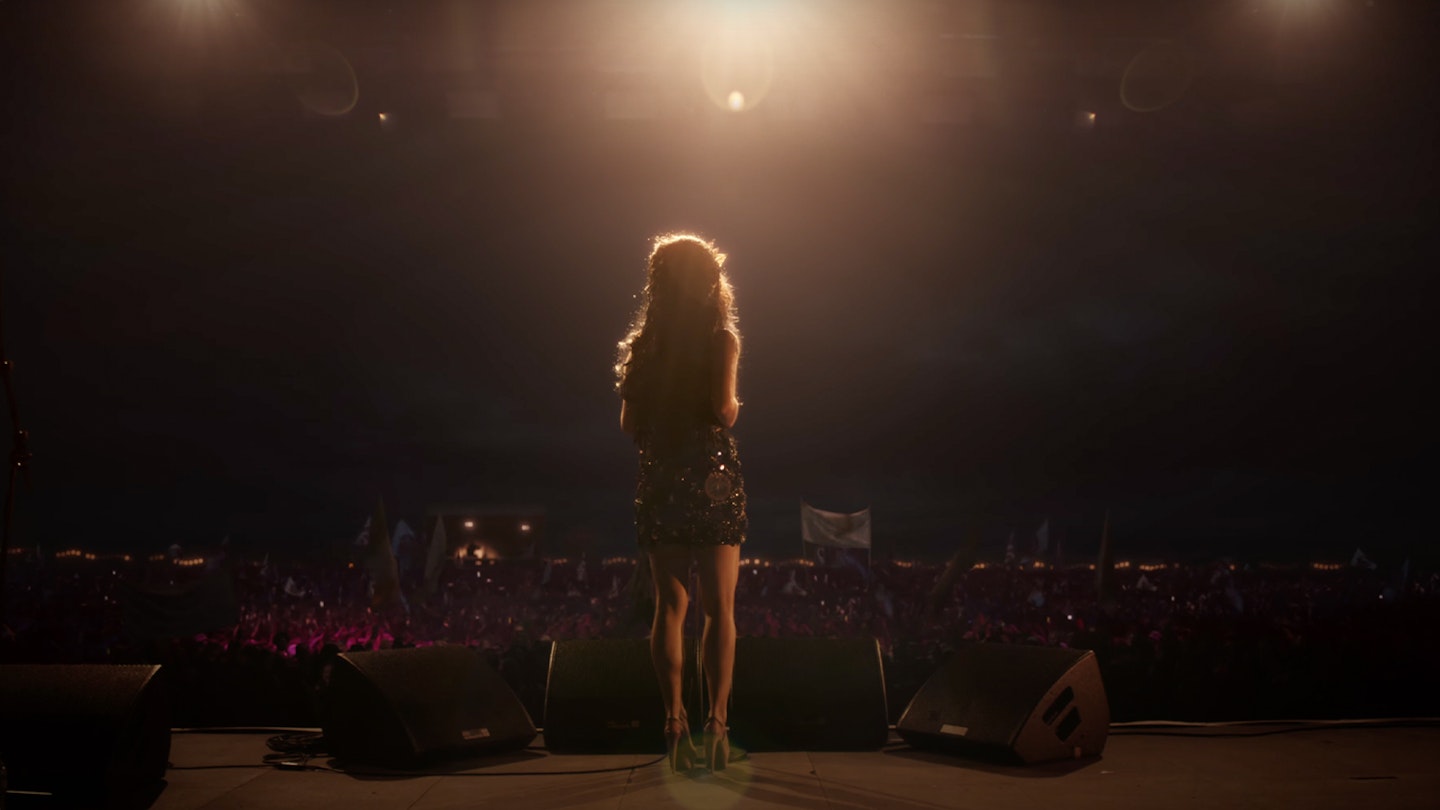
The trailer opens with Amy Winehouse stepping onto a festival stage – with all those flags, it’s unmistakably Glastonbury. Specifically, says the director, Glastonbury 2008. A large part of the story is the singer’s ascent from smaller venues to the biggest stages in the world. “It was about which ones are aligning with the story that we’re telling,” Taylor-Johnson says of picking the performances. “Which ones take us through the early days when we're in the Dublin Castle, and then moving towards Glastonbury and Shepherd's Bush Empire. We have some milestone performances.” None more milestoney than Glasto itself. “Glastonbury plays pretty big.”
Chasing Amy
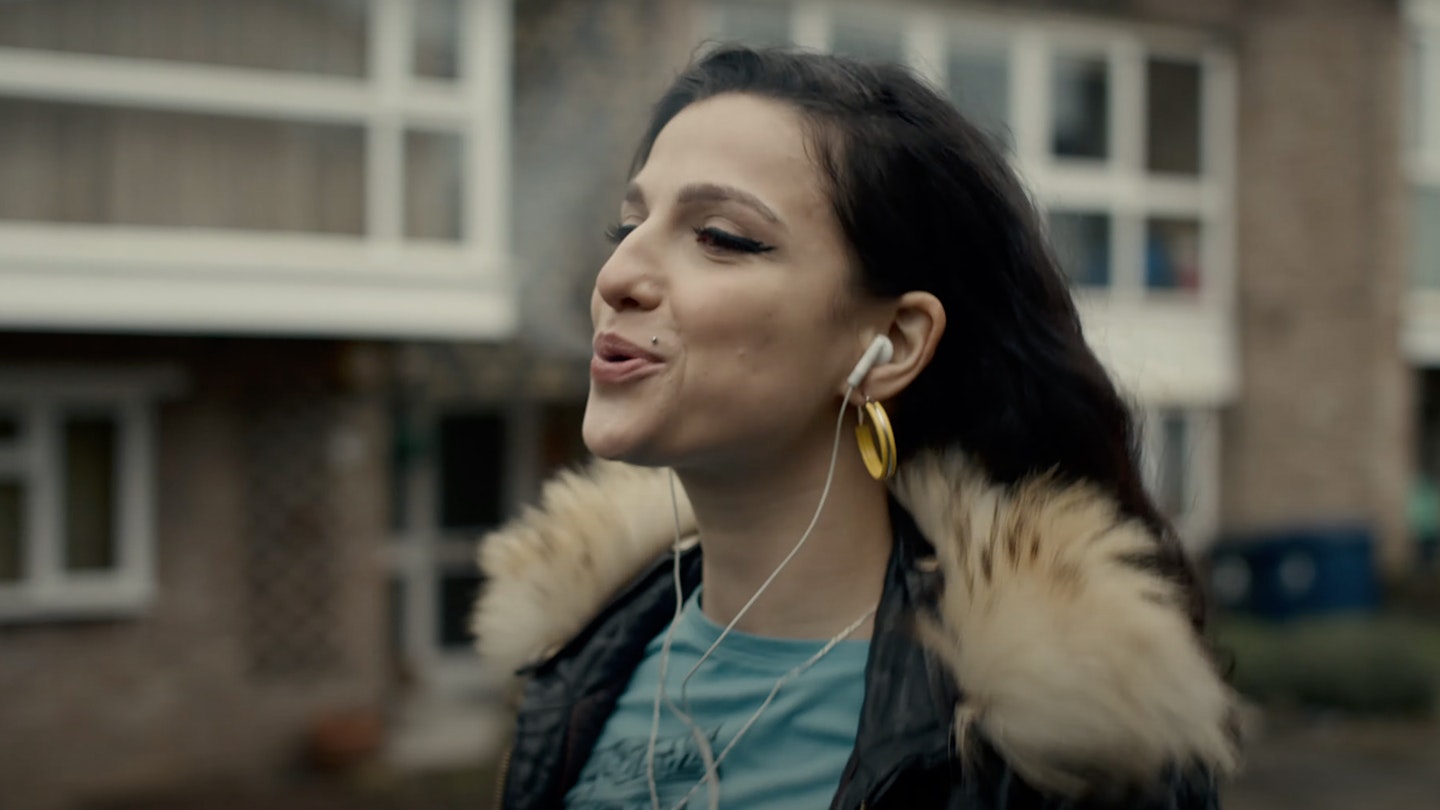
One of the biggest hurdles in making an Amy Winehouse biopic? Finding someone who could embody the unique spirit of Amy herself. It was, admits Taylor-Johnson, “an enormous amount of pressure for Marisa.” But from her very first audition, they saw it – and all it took was a single look. “Most auditions, people would come in either with the headscarf, or with a bit of a slight back comb,” says the director. “Marisa came in as Marisa – absolutely no cat-eye makeup or anything. She was very sweet and very quiet. And then I turned on the camera, and she looks down the lens, and literally, we all just went, ‘What?!’” It was all about getting beyond the iconography of Amy, and into her as a person. “We'd seen some brilliant impersonations,” Taylor-Johnson explains. “But [Marisa] managed to just bring every fibre of her being in alignment with who Amy Winehouse was, and is to many people. She inhabited her.”
Grandmother knows best
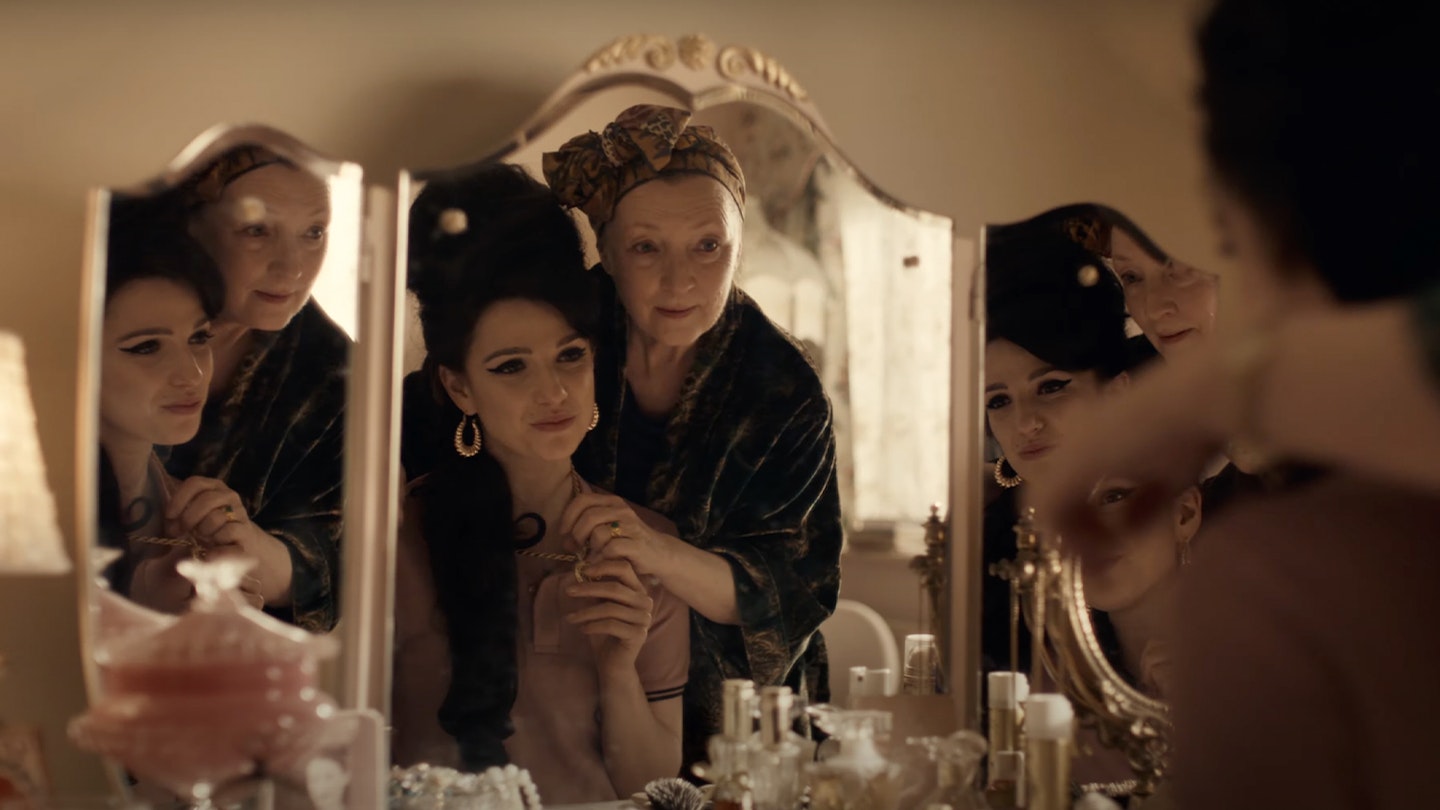
Among the characters in Amy’s orbit, one of the most influential is her nan, Cynthia – here played by the legendary Lesley Manville. “She plays a big part in the movie,” Taylor-Johnson reveals. “Cynthia feels like the fabric of who Amy was. There's so much of Cynthia's input – in terms of music, in terms of the influence, and style. And also just seeing the multi generations of family come together in [Amy’s] teenage early life.”
Bad romance
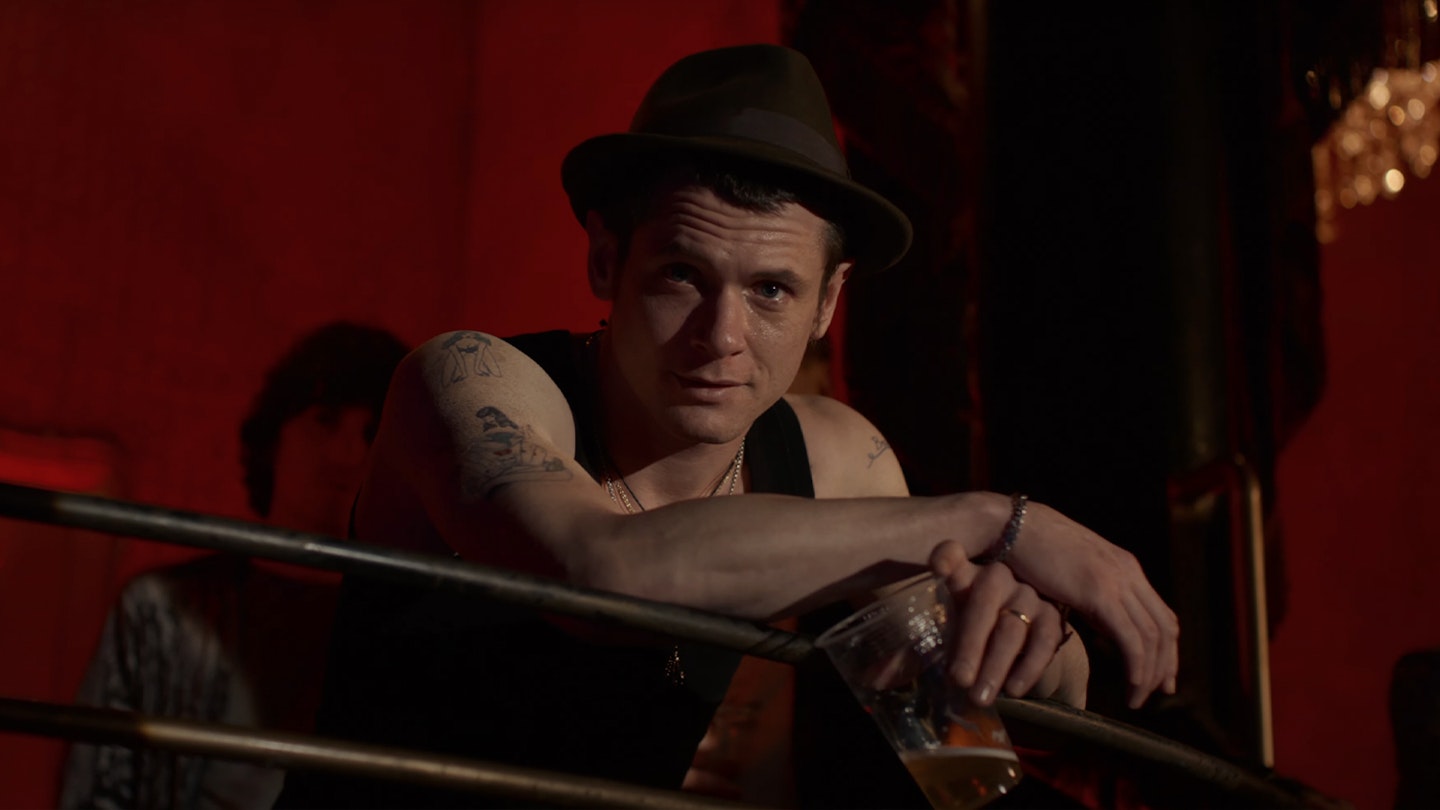
Complicating Amy’s life, meanwhile, is Blake – the partner with whom she had a tumultuous on-off relationship, their romance fuelled by drugs, and responsible for the heartaches that inspired Back To Black’s most classic songs. Jack O’Connell was Taylor-Johnson’s “first choice” for the role (“I couldn’t think of anyone better”), and navigating the narratives around Blake’s part in Amy’s downfall came down to channelling the singer’s own feelings. “This is Amy's perspective. Who she loved was who she loved,” says the filmmaker. “Her relationships were her chosen relationships. Our judgment – about what they should have done, could have done, how it went – is separate to that. Within their relationship was just pure love, albeit toxic or not. This was her love story. It was destructive, absolutely.”
Amy’s feelings for Blake were unflinchingly documented in her music – a source which became essential to the storytelling in the film. “All that love is poured into [2006 album] Back To Black. The lyrics guided Matt and I into the way we told the story,” Taylor-Johnson says. “It felt like giving her her agency back, you know? Giving her a place to say, it's all there in my words and my lyrics. My love was absolutely true. You may hate it, you may hate him. But this is what guided us. I think it feels true to her – and that's really the point of making the film, to be true to her, to her music, and to her soul.”
Clap back
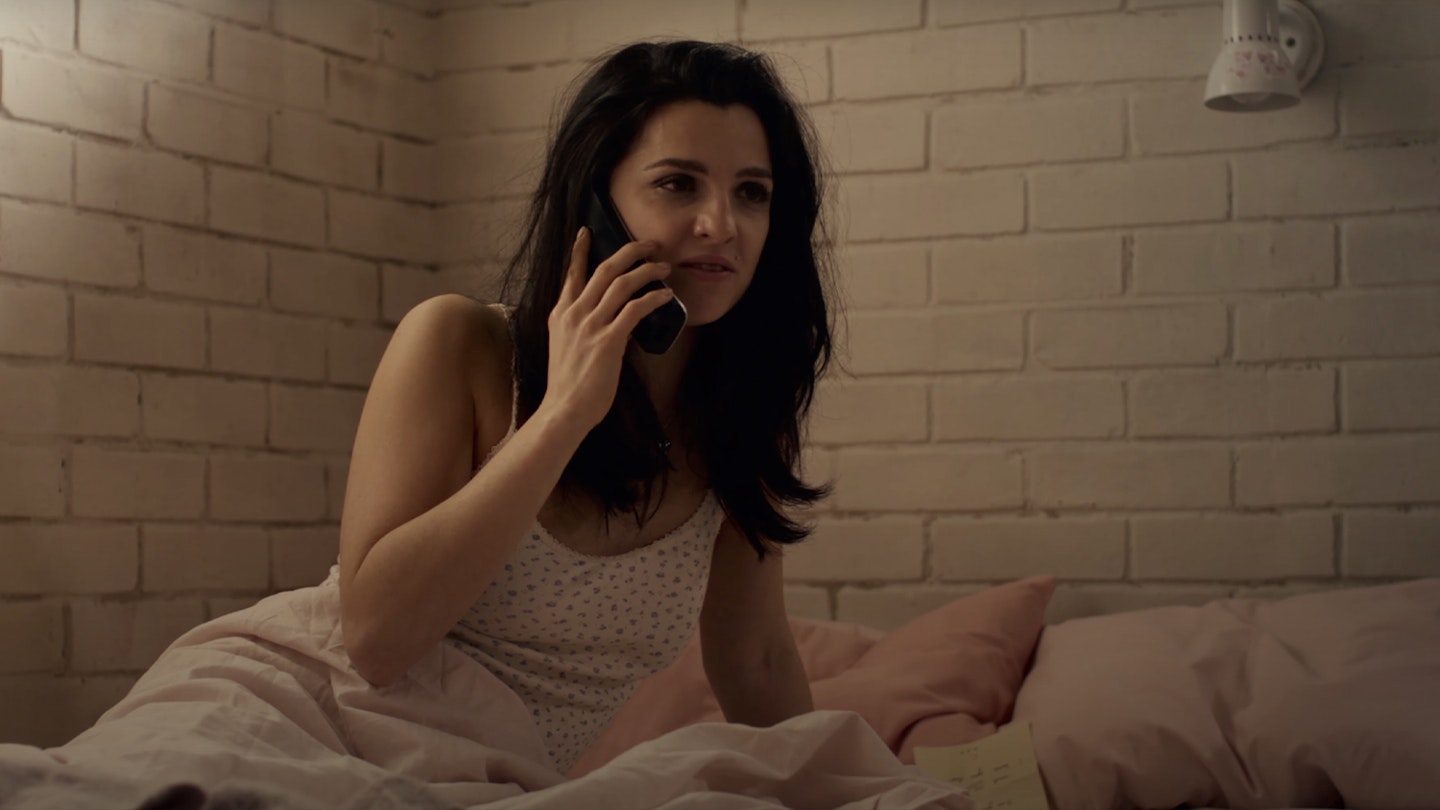
It wasn’t just in Amy Winehouse’s lyrics where her biting wit shone through – just take a look at her sharpest interview moments. (In some, like the time she was questioned about Dido for reasons entirely unknown, she didn’t even have to say a word to show her disdain.) In the Back To Black trailer, that comes through as she tells an interviewer, “I ain’t no Spice Girl.” Winehouse’s sharp tongue was a key ingredient for the film. “That is one of the best lines,” says Taylor-Johnson, keen to portray Amy “as cutting and harsh and on the nose, with really good comebacks”.
Candid camera
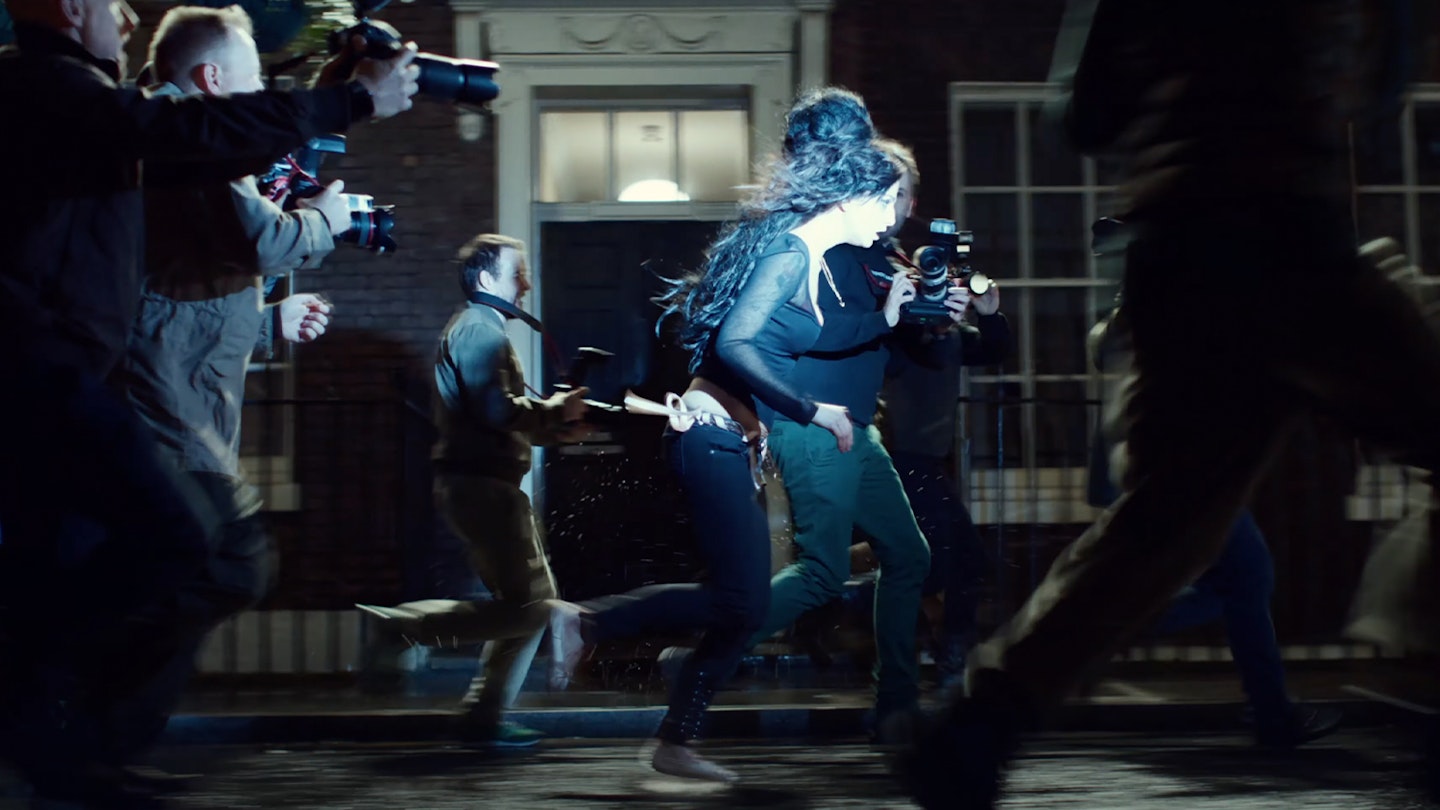
A significant part of the Amy Winehouse story – and one explored extensively in Asif Kapadia’s Amy – is the prevalence of the paparazzi in her darkest moments. The media frenzy around a clearly-unwell Winehouse – and our complicity in it as a culture – remains a bitter pill to swallow. “They're like a silent character within the fabric of the movie. There's a point where she can't see them anymore, because they're so part of her daily life,” says the director. “There's a moment within the movie where she trips and falls, and the paparazzi just drop down with her rather than lean forward and help her. That's a big part of the movie – that as she fell, everyone watched.” It meant, too, that the vast majority of Winehouse’s life was documented, a distinctly 21st Century celebrity tale. “I could look up anything, at any given day or time, because she was always being tracked and followed. It's quite a devastating feeling when you're looking at moments where she's in a terrible way.”
Sing the blues
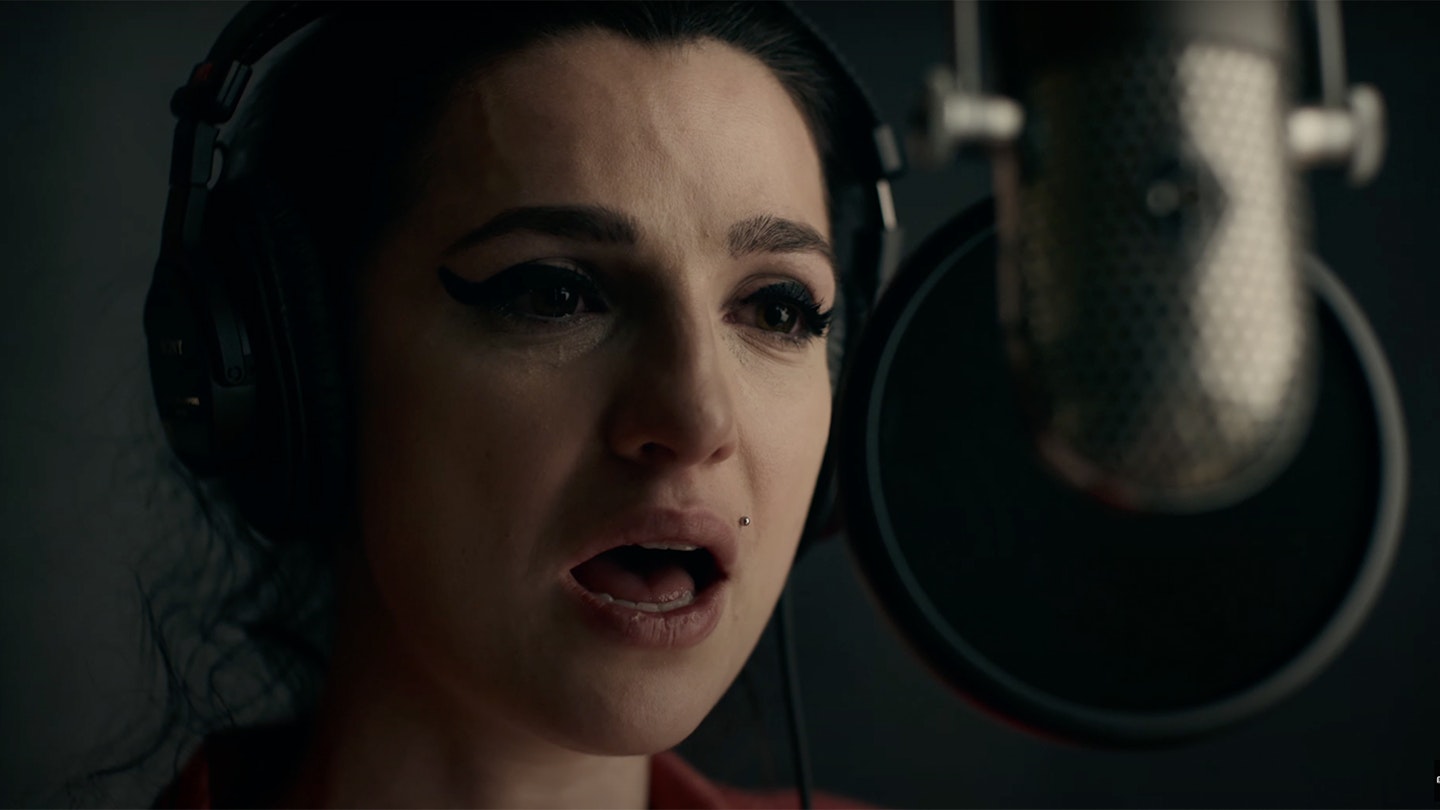
The trailer ends with Marisa Abela singing the title refrain of the film, ‘Back To Black’. It wasn’t always expected to work out that way. “When we first talked about it, my first question to [Marisa] was, ‘Can you sing?’ And she said, ‘I can't’,” Taylor-Johnson recalls. “I was thinking, maybe we'll use Amy's voice throughout, and we'll do it that way. She then went off after that audition – irrespective of whether she knew she'd got the part – and started training her voice.” By the time Abela undertook a test recording at Abbey Road (“You can imagine how nerve-racking that is”), it was clear that she could pull it off. “Now she sings the entire movie, beginning to end,” marvels the filmmaker. “I mean, it's a huge feat.”
There was no higher bar to cross than winning over the real Winehouse’s collaborators. “Amy's original band got back together, and we all went into the recording studio,” she says. “Dale [Davis] was there, her bass guitarist, and Ade [Omotayo, singer], and we just all stood there and just went, ‘Fuck!’ She's incredible. They didn't know what to expect. They were just brimming with emotion, because it's such a multi-layer of feelings for the people who were close to her and worked with her.” Throughout the shoot, the band kept coming back for more. “A lot of the times they would just actually show up on filming days when we were filming music scenes, to just sit and experience that.”
Back To Black comes to UK cinemas on 12 April
